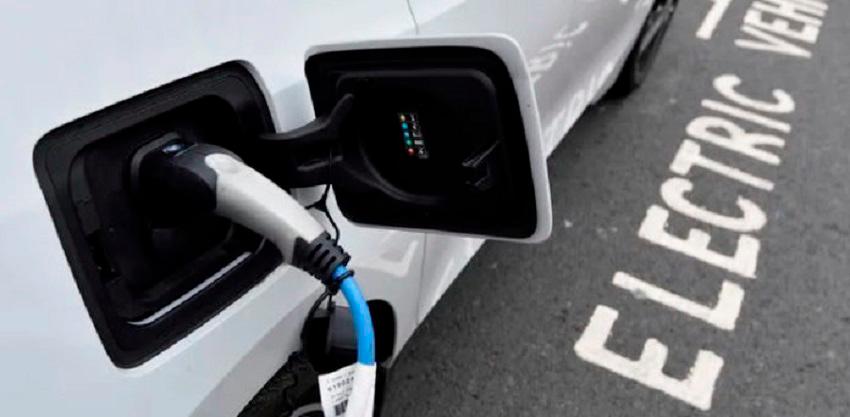THE Malaysian government has set an ambitious target for electric vehicles (EVs) to account for 20% of annual new vehicle sales by 2030, encompassing both passenger and commercial categories. As of September 2024, EV sales have reached 5.11% of the total annual volume, a notable increase from 4.12% recorded for the entirety of 2023.
The Ministry of Investment, Trade and Industry (MITI) reported that the adoption of battery electric vehicles (BEVs) has grown significantly in recent years. Total BEV sales stood at 15,876 units in 2024 and 13,513 units in 2023, a sharp rise compared to 3,146 units sold in 2020.
Efforts to Build a Strong EV Ecosystem
MITI credited the improved numbers to the collaborative efforts between government ministries, agencies, and industry players. Before 2018, the EV market in Malaysia was minimal, with limited adoption and infrastructure.
To support the sector’s growth, the government has rolled out a series of initiatives, including:
- Tax exemptions for imported completely built-up (CBU) EVs until the end of 2025.
- Full exemptions on import duty, excise, and sales tax for locally assembled EVs until December 2027.
- A commitment to establish 10,000 EV charging stations nationwide by 2025.
- Full tax relief for BEVs from 2022 to 2025.
Engaging Stakeholders for Infrastructure Expansion
To accelerate EV infrastructure development, MITI has engaged with various stakeholders, including:
- Highway concessionaires
- Hypermarket chains
- The Shopping Complex Management Association
- The Hotel Association and Hotel Owners Association of Malaysia
These sessions aim to encourage the deployment of public EV charging services at key locations such as highways, shopping malls, and hotels to meet the growing needs of EV users.
Five-Year Strategy for EV Growth
In response to a question from Wangsa Maju MP Zahir Hassan, MITI outlined its strategy for EV adoption over the next five years. This includes:
- Strengthening the EV industry ecosystem through public and private sector collaboration.
- Increasing public awareness and accessibility to EVs.
- Expanding EV charging infrastructure to meet the 2025 target of 10,000 public charging points.
MITI expressed optimism about meeting its targets, citing the combined efforts of government initiatives and industry commitment. “With continuous efforts at various levels and support from industry players, the number of public EV charging stations will increase significantly and help achieve the desired goals by 2025,” the ministry stated.
Looking Ahead
As Malaysia pushes toward its 20% EV sales target by 2030, the government’s efforts to incentivize EV adoption and develop the necessary infrastructure are expected to drive significant progress. With rising sales and increasing public acceptance, the country is steadily building a robust foundation for its EV future.









